How am I navigating COVID-19?
COVID-19 has had an unprecedented impact on the global economy. Public health issues aside, it has changed how millions of Americans live every day. And in an economy where 70% of our GDP is based on consumption, if that consumption pattern is disrupted, we are bound to experience some turbulence in the stock market. In this post, I'll be talking about how I am navigating the COVID-19 stock market crash and some thoughts of how bad I think it really is.

For starters, let me recap some headlines:
-
The latest official projection is 100K to 240K people who will die due to COVID-19. And that there will be a significant number of deaths until at least June.
-
10 million Americans have filed for unemployment insurance in the last 2 weeks. We are projected to see another 7 million people file this upcoming week. To understand the magnitude of this number, the previous record was around 700K for a given week.
-
Many school districts have moved to a "learn from home" model for the rest of the school year. This means parents will need to figure out a way to safely keep their kids at home until early June.
-
Many daycares have indefinitely closed their businesses until further government guidelines. This means parents will need to figure out a way to replace daycare, either by working from home or ???.
-
In states like California and New York, medical students are being asked to graduate early to join the fight against COVID-19.
-
Most states have issued "shelter in place" orders that ban non-essential activities and reduces the number of people you can be around in a given moment.
-
The US federal government has released a $2.2 trillion dollar stimulus package and the Federal Reserve is going to make an additional $4 trillion dollar available. This is by far the biggest stimulus package we’ve ever seen. It’s roughly a third of our GDP, and some are speculating inflation to come.
-
Small business owners with less than 500 employees are encouraged to keep all their employees on the payroll, take out a loan from the government, and then apply for forgiveness by the end of the pandemic. Essentially, shut down your business, don't fire anyone, and the government will pay for the lost time.
-
Big corporations are allowed to take bailout money if they at least promise to not buy back their stock. Note: stock buybacks have been a popular strategy by the cruise lines and airlines, which have helped prop up their stock prices.
-
Everyone who made under $75,000 will get a one-time check for $1,200. And for each kid, you will get $500.
-
Weddings, church functions, professional conferences (e.g. Google IO), the summer Olympics and other mass gatherings have been canceled or rescheduled.
-
Our medical staff is short on personal protective gear (PPE) to the point where companies and normal citizens are donating what they have to hospitals.
-
LinkedIn is filled with #workfromhome hashtags and people coming up with creative ways to adapt to a remote working environment.
-
Toilet paper is now referred to as TP, for short, on social media and chat groups.
-
Grocery stores are limiting the number of people in their stores at any given time. They are also limiting the quantity you can buy of certain items.
-
And finally, my least favorite, because it can be avoided: everyone on Facebook and Twitter is apparently a data scientist complaining about bad data quality.
That's a lot of bad news and it keeps getting worse. I’m optimistic that we will recover financially and I’m optimistic that we can minimize the fatalities. However, I’m not optimistic about the economy in the short term. Delta Airlines is projecting that its Q2 revenues will be down 90%, and at the same time, they are losing $60M every day. Companies are already cutting dividends and have stopped buyback programs. Finally, we’re going to see unemployment go to such high levels that may take a while before they can be employed again and consumer confidence is restored. I can’t see the stock market recovering until Q3 at the earliest. My prediction isn’t to try to call the bottom of the market but to merely say that there’s going to be a lot of buying opportunities for a while.
(adsbygoogle = window.adsbygoogle || []).push();
So, what am I doing?
Cash is King
I am cutting back on all major expenses and squeezing what I can to stockpile cash. One big way I'm able to keep more cash around is by not filing my taxes until July 15th. That will let me keep $30,000 for 3 months longer. Note: I’m still dollar-cost averaging into the index funds.
Hold on to names I trust
In late February I went through every single position and reduced my exposure to companies I wouldn’t want to own for 10 years. I owned some bond and international ETFs that Wealthfront purchased for me. I no longer bank with Wealthfront so I took this opportunity to clean that sh*t up. What I have left is a handful of tech stocks, dividend aristocrats, and index funds.
Mega backdoor Roth
My employer offers a mega backdoor Roth which I normally don't participate in because of my retirement timeline. But if there was ever a time to get some tax free growth, this is it. What made me decide was that I have plenty of cash sitting idle in my brokerage account. If I didn't have significant cash on hand, I'd rethink contributing the additional $27,750 to my after-tax retirement account.
Being patient
It has been emotionally hard to not make any moves when I'm cash-ready. In my previous post, I said I will wait until Q1 earnings to make my big moves. I'm now thinking I need to see Q2 earnings. The unemployment numbers, the uncertainty of the timeline for flattening the curve, and the resiliency (or not) in businesses with massive debt are all really concerning to me in the short term. As you can see in Figure 1, this market is really volatile. We almost had a bull market within a bear market. With the prolonged COVID-19 situation, there will be plenty of buying opportunities. So I'm going to sit back, relax, keep an eye on the names that I like, and snipe. Some of the companies that I’m looking at are Nike, Home Depot, JP Morgan, Uber, SBUX, and NRZ.
[caption id="" align="alignnone" width="960"] Figure 1 [/caption]
Figure 1 [/caption]
Being generous
I am normally not a charity type guy, because I don't trust others with my money. But over the last month, I've donated multiple times to support people who are fighting the good fight against COVID-19. I have also tried to shop local as much as possible. Small businesses will be the ones who suffer the most. The big dudes have economies of scale and access to debt that the small businesses do not. There are estimates that 20-30% of small businesses will go bankrupt after the dust settles--hopefully with the stimulus package it won't be that bad.
(adsbygoogle = window.adsbygoogle || []).push();
Buckle up! It’s going to be a bumpy road ahead.
Featured
[

](/blog/the-post-financial-independence-life-no-one-talks-about)
Dec 13, 2025
The Post-Financial Independence Life No One Talks About
Dec 13, 2025
Dec 13, 2025
[
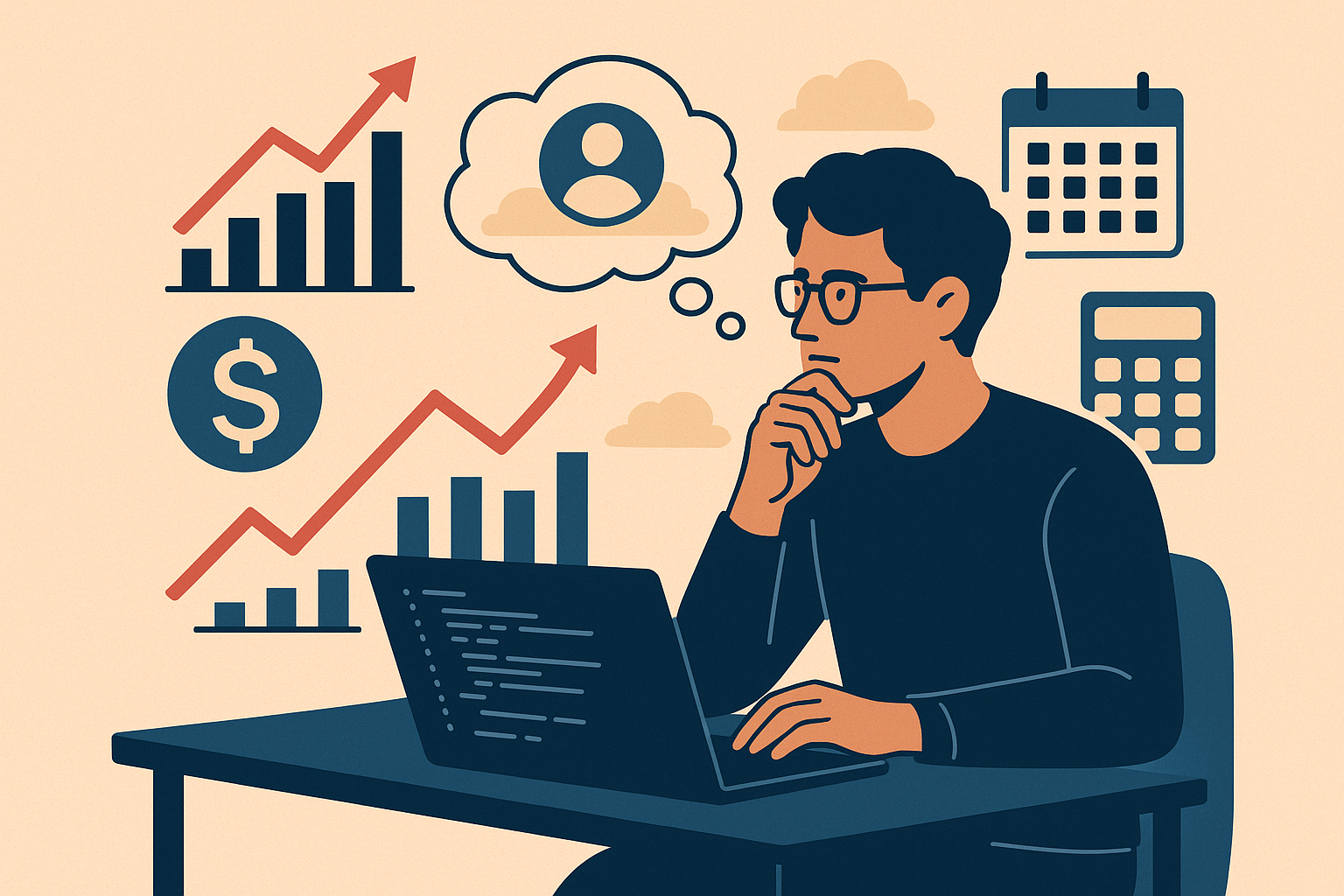
](/blog/im-building-a-fire-tool-and-i-need-your-input)
Oct 26, 2025
I’m Building a FIRE Tool — and I Need Your Input
Oct 26, 2025
Oct 26, 2025
[
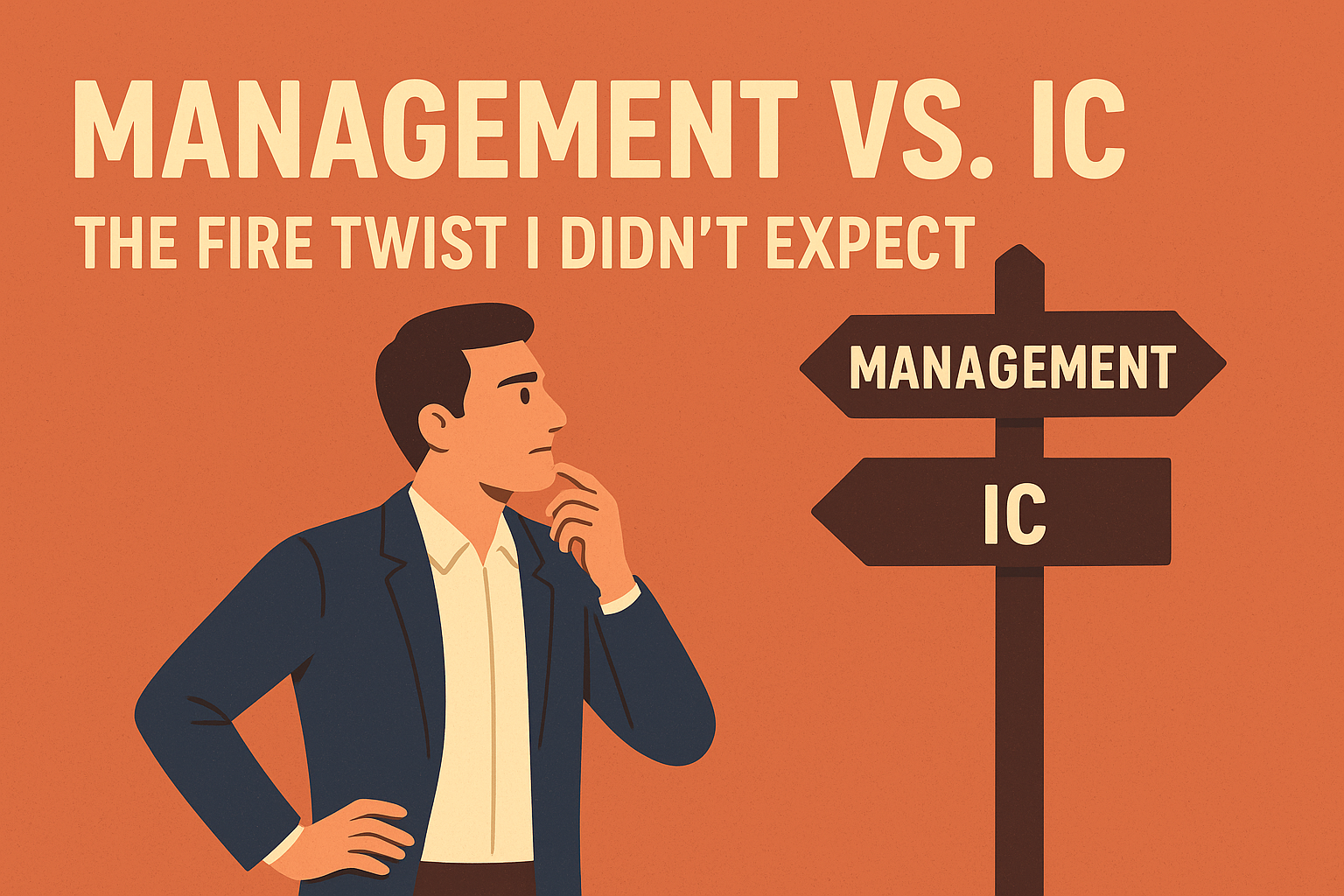
](/blog/management-vs-ic-the-fire-twist-i-didnt-expect)
Sep 7, 2025
Management vs IC: The FIRE Twist I Didn’t Expect
Sep 7, 2025
Sep 7, 2025
Jan 6, 2025
2024 Year in Review - Top 6 highlights
Jan 6, 2025
Jan 6, 2025
[
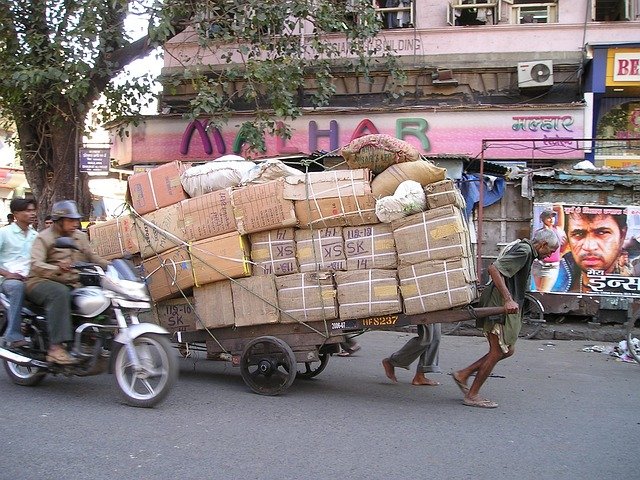
](/blog/3-things-that-make-fire-hard)
Oct 29, 2024
Oct 29, 2024
Oct 29, 2024
[

](/blog/2023-year-in-review-top-6-highlights)
Jan 1, 2024
2023 year in review - top 6 highlights
Jan 1, 2024
Jan 1, 2024
[

](/blog/5-tips-on-how-to-get-promoted-in-a-big-company)
Dec 26, 2023
5 Tips on how to get promoted in a big company
Dec 26, 2023
Dec 26, 2023
[

](/blog/is-4000000-still-a-good-fire-number)
Nov 29, 2023
Is $4,000,000 still a good FIRE number?
Nov 29, 2023
Nov 29, 2023
[

](/blog/stock-market-is-back-to-near-all-time-highs)
Jul 28, 2023
Stock market is back to near all-time highs
Jul 28, 2023
Jul 28, 2023
[
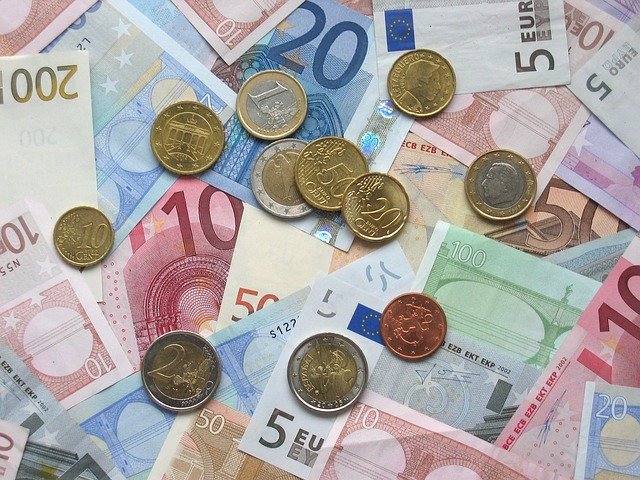
](/blog/3-ways-i-might-make-money-in-2023)
Feb 4, 2023
3 Ways I Might make money in 2023
Feb 4, 2023
Feb 4, 2023
Enjoyed this post?
Subscribe to get my latest posts on financial independence, investing, and the journey to FIRE delivered straight to your inbox.
More Posts

Trump Accounts: Free Money for Your Kids (And How to Maximize It)

5 Things I'm Focused On In 2026
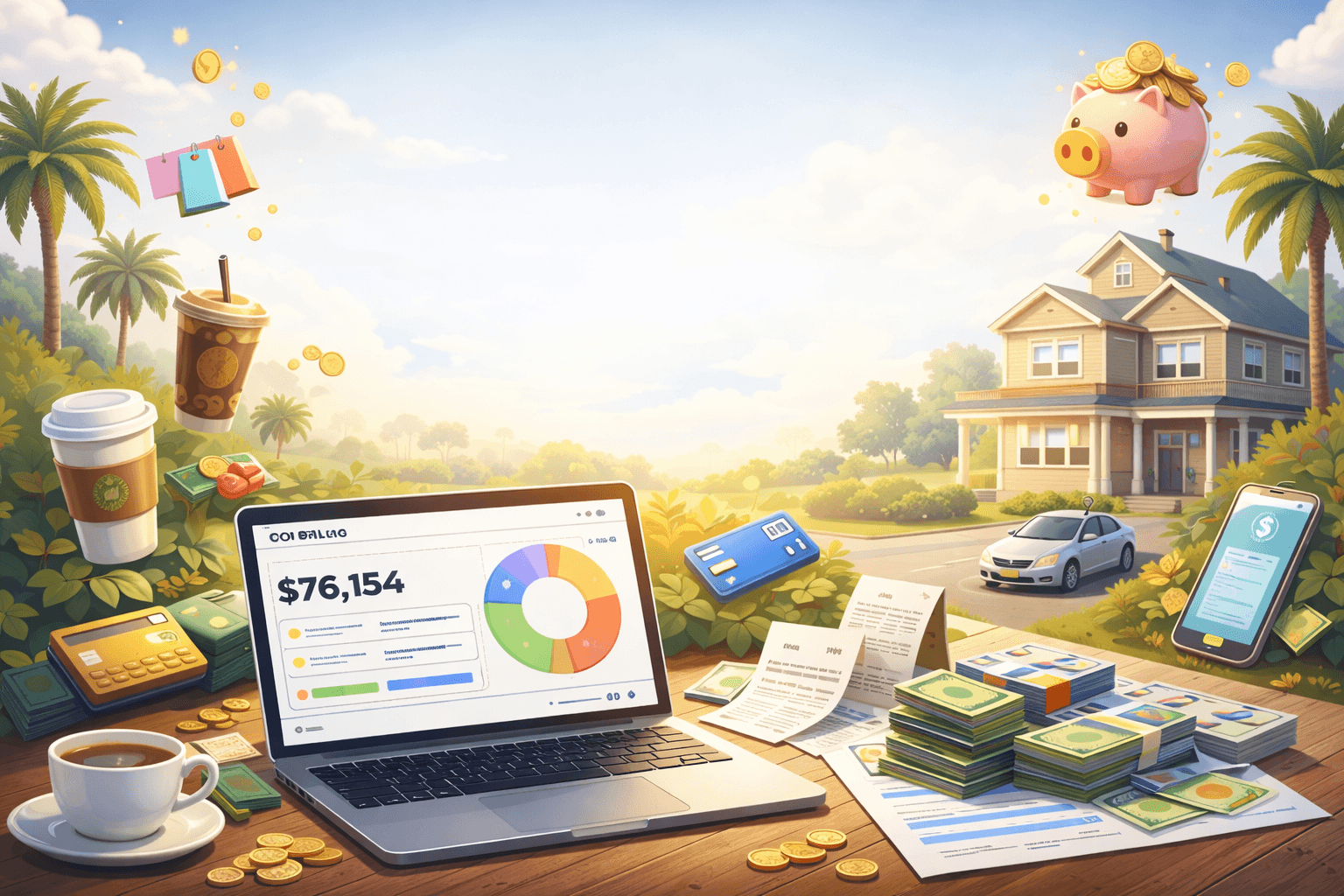
Comments